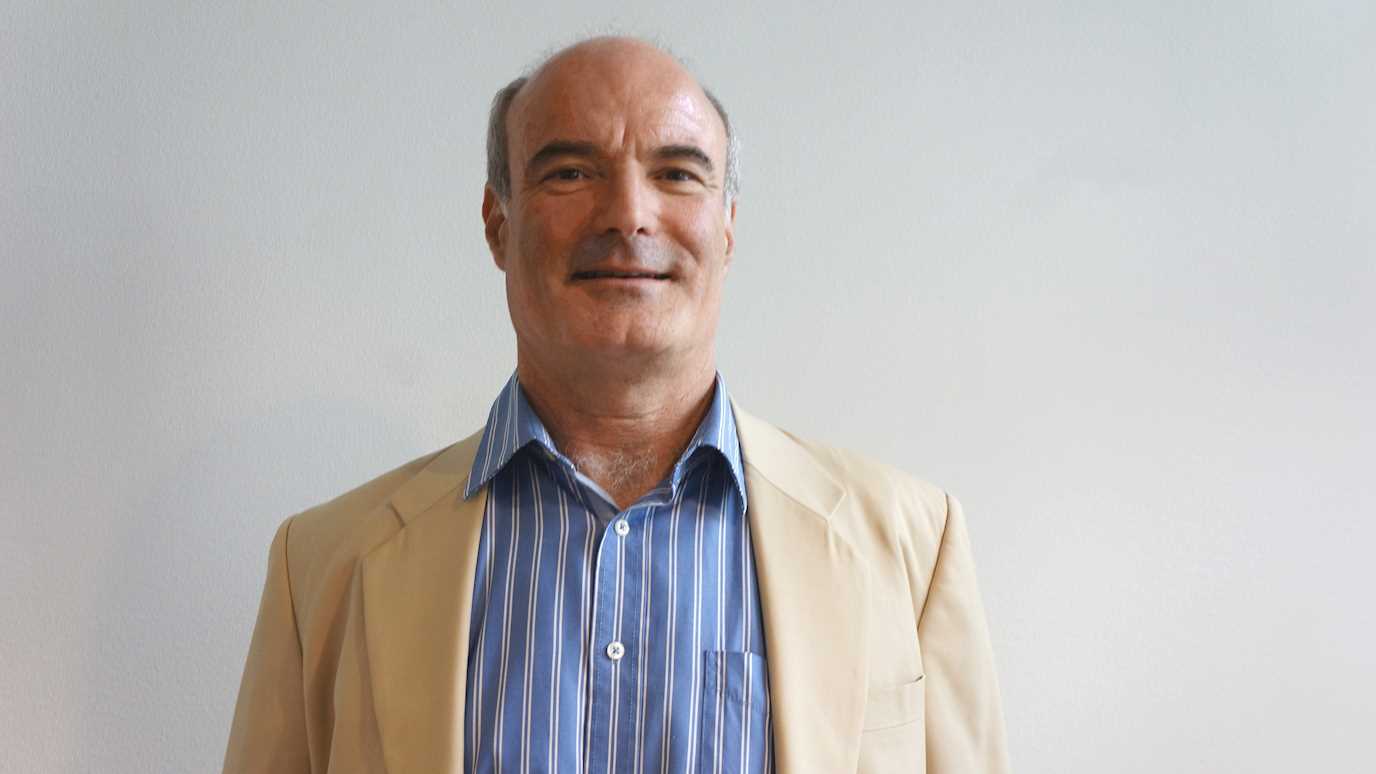New research has identified that a particular fatty acid called decanoic acid may be responsible for the therapeutic effects of the ketogenic diet and be a key component in protecting cells against cancer, epilepsy and neurodegenerative disorders.

The research, led by Professor Robin SB Williams and PhD student, Eleanor C Warren, from the Centre for Biomedical Sciences at Royal Holloway, found that decanoic acid may reverse cellular changes found in cancer, epilepsy, and neurodegenerative disorders which could provide improvements for sufferers.
Ketogenic diets, associated with high fat and low carbohydrate intake, are broadly considered to function through the production of chemicals called ketones (hence keto-genic), and lead to reduced glucose and insulin signalling that may protect against cellular changes in several diseases.
The research was carried out using an innovative approach, where the mechanism of action of decanoic acid was discovered for the first time using a single-celled organism, known as Dictyostelium, which shared a common ancestor with humans around a billion years ago.
The team were then able to confirm that decanoic acid functions in the same way in the mammalian brain, and in human-derived brain cells and in patients with a neurodevelopmental disorder called tuberous sclerosis complex - a genetic condition which leads to cancer and epilepsy.
Professor Robin SB Williams, from Royal Holloway, said: “These findings suggest an exciting new role for decanoic acid from the ketogenic diet in the treatment of patients with wide-ranging diseases.
“Our research also suggests that the diet may function through direct activity of decanoic acid, rather than the generation of ketones or reduced insulin/glucose signalling, providing the potential for using less restrictive dietary approaches for disease treatment.”
Eleanor Warren, added: “Improving our understanding of how the ketogenic diet functions in disease treatment is critically important to support its medicinal use.
“We anticipate that our discoveries will expand the development of new dietary approaches to treat a range of diseases."
























